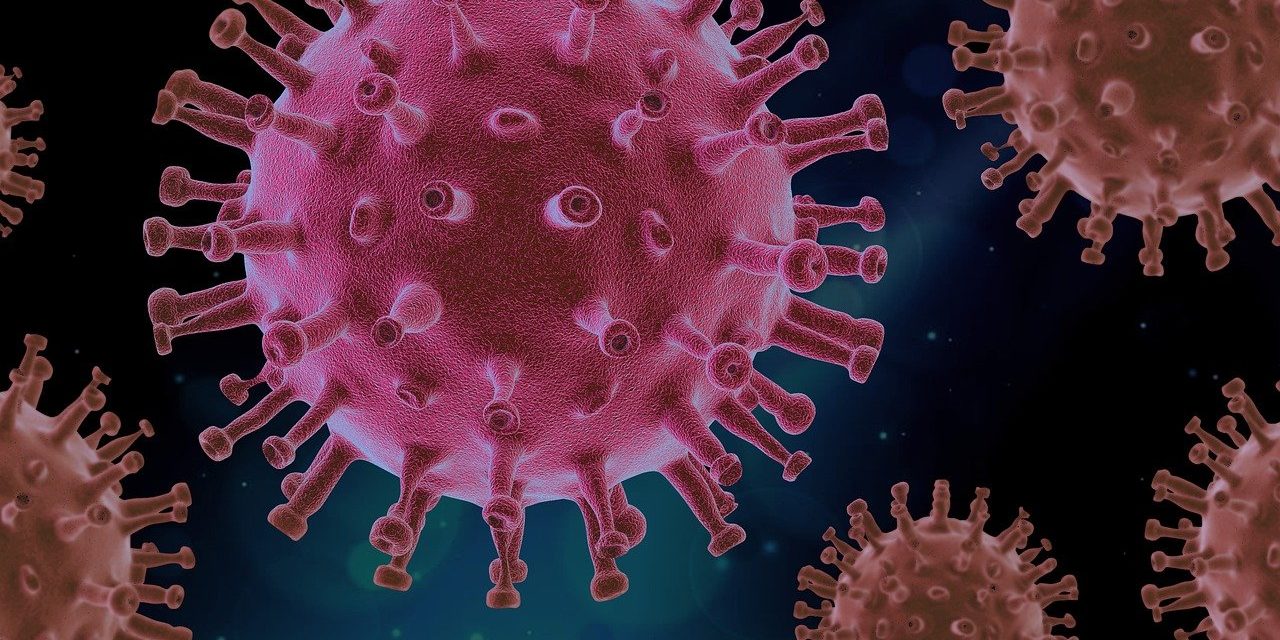A study shows that people who tested positive for Covid after recovery are not infectious. The most infectious period is the first 7-10 days of illness. Once you have been isolated for 10 days, you are most likely not going to spread the virus. In fact, you may still test positive for another 2-3 months after recovery. My dad is still testing positive and is now cleared to go to work. His wife was negative when he tested positive. Now she is positive. She has been staying away from him. Now that they are both positive, this is her day one, can they be in the same room or will she reinfect him if he’s already infected? Let’s talk about it….
Thomas Mc: “Most businesses say 14 days to be sure, but I’ve had a few friends also say 10-12 days. It depends on their recovery. If they still aren’t fever free for 48 or 72 hours straight without the use of meds, then they should not go back to work. From what I’ve read in CDC guidelines, his wife needs to still quarantine to be on the safe side as they could have different strains. Likelihood of reinfection is low, though, based on studies, but not 0%.”
Irene V. Zertuche: “Yup, I know several people that were told they no longer needed to retest to get a negative result. I’ve heard some companies are letting employees return positive, or who are exposed to others who are positive, and just asking you to wear a mask.”
Mary Valadez: “Here in Houston, it’s 14 days, you have to wear a mask when you come back, and you have to be vaccinated.”
Sandra Luna Perez: “I’ve heard that they need to test again, but after the 10th day once they test again, it needs to state negative on the second test to be released back to work. It all depends on the company they work for.”
Frank Burton: “I hadn’t heard that before. Sure sounds like they’re more worried about the companies and their productivity than the people.”
Roy Cruz: “Yup, that’s what I went through.”
Veronica Amaro: “I was told I could test positive even up to 3 months, but not contagious after 10 days from the first day of symptoms.”
Paul Budak: “Some places are using 14 days. Some places are using 21 days.”
Ann Arriaga: “At our school, first it was 14 days, now it’s 10 days. It’s hit so bad here in Fredericksburg that they think they’re going to have to close the school. Kids are all getting sick. Hospitals are getting full.”
Beverly Brooks: “CDC changed it from 14 down to 10, I thought? When my son had it we were told 10 days, but like others here, he’d have false positives for a while after that. And he did.”
Mary Svetlik Watkins: “Yes. We were told 3 days after fever free without reducers.”
Joann Laque: “When I tested positive, they told me I didn’t have to retest after 10 days. I went to New Orleans and I had to test over there.”
Carla Levi-Miller: “Too many controversial issues here to take any chances. Better safe than sorry.”
Heather Pen Deja: “I think it’s 10 days after that person has tested positive. A few kids on my kid’s football team tested positive and were back on the field 8-10 days later.”
Gabriele Zorn: “You have to get her tested. From the day she gets tested and has a positive result, it starts 10 quarantine days all over.”
Ellen Anderson: “10 days from onset.”
Darlene Oldham: “I was told 10 days and 48 hours after you are fever free. I ran a fever for 14 days. So, it was later than the 10 days.”
Syndey Penny Plummer: “After 10 days you are considered ‘recovered’. I still would quarantine for the full 14. That’s just me personally. And ALWAYS mask and sanitize everything. I cannot stress this enough. We are venting people left and right at my hospital, more than we did when COVID first started. It’s starting to scare me now.”
Desiree Fair: “They say until your symptoms clear up to 10 days, so basically 10 days. The 14 day quarantine comes in, because if you contract it from somebody within those 10 days and you are symptomatic, it could take a few days for those symptoms. I never knew that after you are positive, you can’t get tested again to see if you are clear because you can test positive for up to 3 months after. So, if they get exposed again, how do you know if they actually have it?”
Jasmine Allen: “Desiree Fair, yea, my boss said that today. We got a case at work and I’m trying to make sure they don’t give us any made-up info to get people to work.”
Jess Stallings: “Until the fever and night sweats go away, then you are not contagious. I’ve been through it twice. However, you still have the antibodies in you for up to 6 months. So, you can still test positive.”
Chelsea Reed: “Jasmine Allen, yes, that is true for some cases to still test positive, but it is also true that the majority of people will test negative after 14 days quarantined. In the hospital I work at, our patients have to test negative before being released to the majority of nursing homes or wherever. There are some facilities that will take patients who are still positive, because they want to fill a bed and make money. It’s all about what the facility wants to do basically.”
Kristie Viveros: “You are most contagious 2-3 days prior to symptoms starting and 1-2 days once symptoms start.”
Jessica Davidson: “After I got Covid, I tested negative. They said I could test positive for 3 months. But also, I CAN’T get covid again or PASS it along to someone else during that 3 month period. At that point after the 3 months is over, I can contract covid again.”










